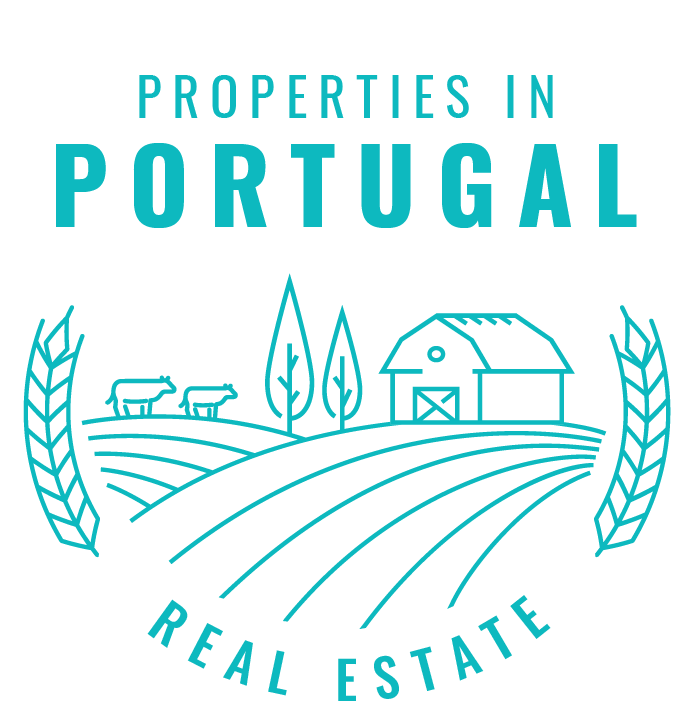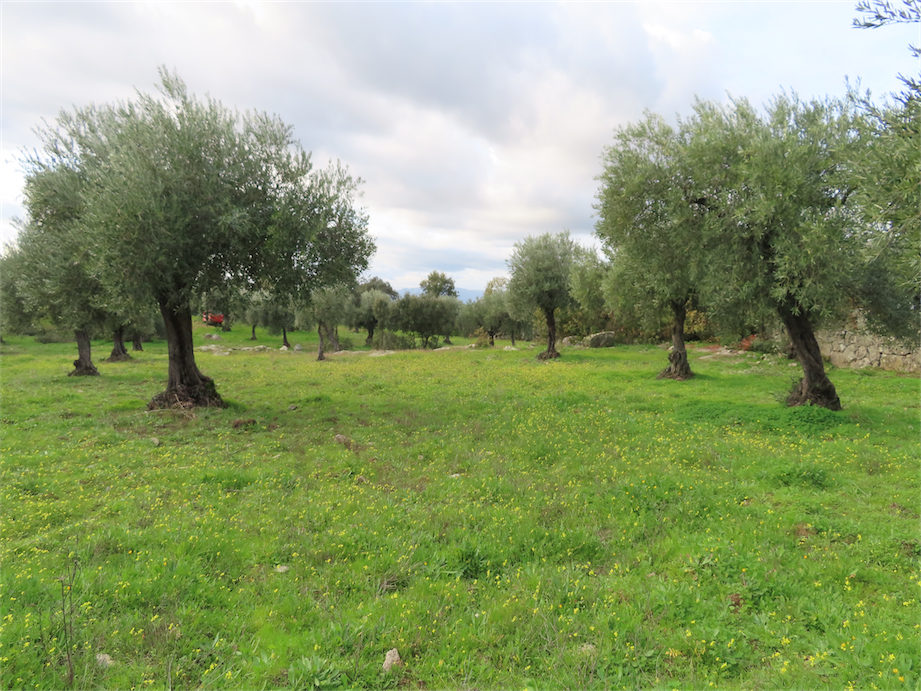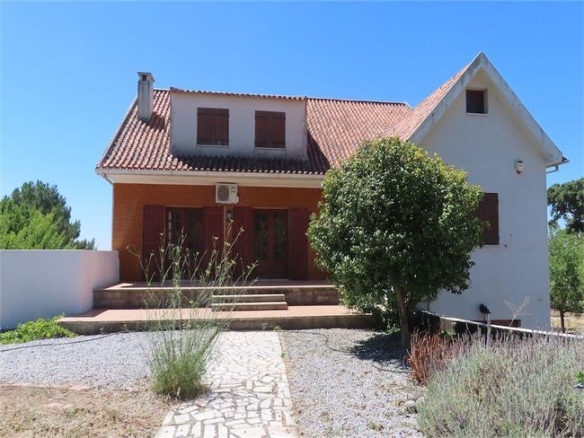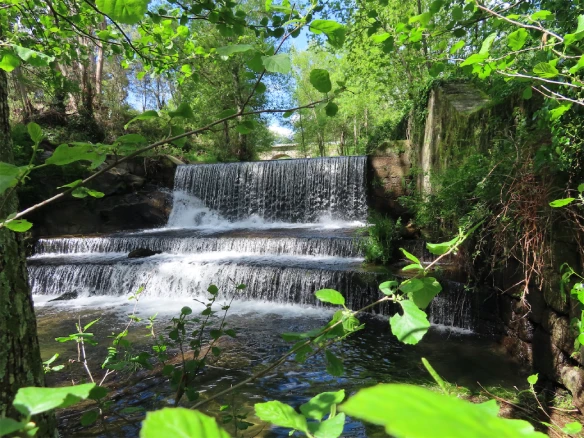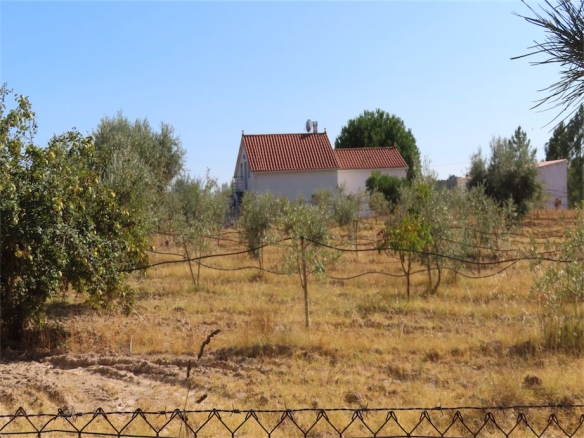Eco Farms for Sale in Castelo Branco: Sustainable Living & Return on Nature
In Portugal today, many buyers are looking beyond holiday villas and city apartments. They want land, sustainability, and a chance to reconnect with nature. For those buyers, eco-farms for sale in Castelo Branco are emerging as some of the most exciting opportunities on the market. With fertile land, affordable prices, and a climate suited to olives, almonds, vines, and fruit trees, this interior region is becoming a hub for organic farming, permaculture projects, and eco-retreats.
Why Eco-Farms Are Trending in Portugal
The shift toward sustainability is global — and Portugal is no exception. Rising demand for organic produce, government support for regenerative agriculture, and growing eco-tourism all contribute to the popularity of eco-farms. Buyers in Castelo Branco are often seeking:
- A self-sufficient lifestyle — growing food, producing energy, and living closer to nature.
- Alternative income streams — eco-tourism, farm stays, organic products.
- Long-term security — agricultural land offers tangible value compared to volatile urban markets.
What Defines an Eco-Farm in Portugal?
Eco-farms, often called quintas, go beyond traditional farming. Hallmarks include:
- Organic farming methods without synthetic chemicals.
- Use of renewable energy (solar panels, biomass, micro-hydro).
- Rainwater harvesting and sustainable irrigation systems.
- Agroforestry, biodiversity corridors, and native planting.
- Eco-friendly construction, often using stone, wood, or rammed earth.
Many eco-farms are designed with permaculture principles — creating integrated, resilient systems that mimic natural ecosystems.
The Advantages of Castelo Branco for Eco-Living
-
Affordability – Rural properties in Castelo Branco are significantly cheaper than in Algarve or Alentejo. Smallholdings often start under €50,000, while large eco-farms can range from €100,000–€400,000 depending on size and infrastructure.
-
Climate & Soil – Hot, dry summers and cooler winters provide excellent conditions for Mediterranean crops. Many farms already include olive groves, fruit trees, and vineyards.
-
Water Resources – Numerous farms come with wells, springs, or natural water deposits — essential for sustainable farming.
-
Space & Privacy – Properties often include 5–50 hectares, offering space to experiment with permaculture, livestock, and tourism.
-
Tourism Potential – Increasing numbers of visitors are drawn to rural Portugal for eco-retreats, yoga, hiking, and farm stays.
Example Eco-Farm Listings in Castelo Branco
Off-Grid Organic Farm in Idanha a Nova (9,250 m²) – Ideal for small-scale permaculture, already with organic cultivation and water supply. View Listing
43 Hectare Organic Farm near Fundão – Includes olive groves, water sources, solar energy, and two stone ruins to restore. A prime candidate for a large-scale eco-project. View Listing
Financial Benefits of Eco-Farms
- Reduced living costs through self-sufficiency (solar power, water harvesting, food production)
- Premium market prices for certified organic produce (especially olive oil, honey, nuts).
- EU & Portuguese grants under the Common Agricultural Policy (CAP) support eco-friendly projects, including subsidies for solar irrigation, biodiversity projects, and organic certification.
- Tourism revenue via eco-lodges, glamping, and workshops.
Challenges to Consider
- Certification costs for organic farming.
- Infrastructure upgrades (roads, power, internet) in remote properties.
- Labor requirements for managing land, especially larger farms.
- Seasonal risks such as drought, which make water rights essential.
Conclusion
For those seeking to live closer to nature, reduce their environmental footprint, and invest in a lifestyle with meaning, Castelo Branco eco-farms offer one of Portugal’s best opportunities. Affordable land, fertile soils, and strong support for green projects make this region a magnet for sustainable living. Whether you dream of growing olives, building an off-grid retreat, or launching an eco-tourism venture, your quinta in Castelo Branco could be the start of a more regenerative future.
